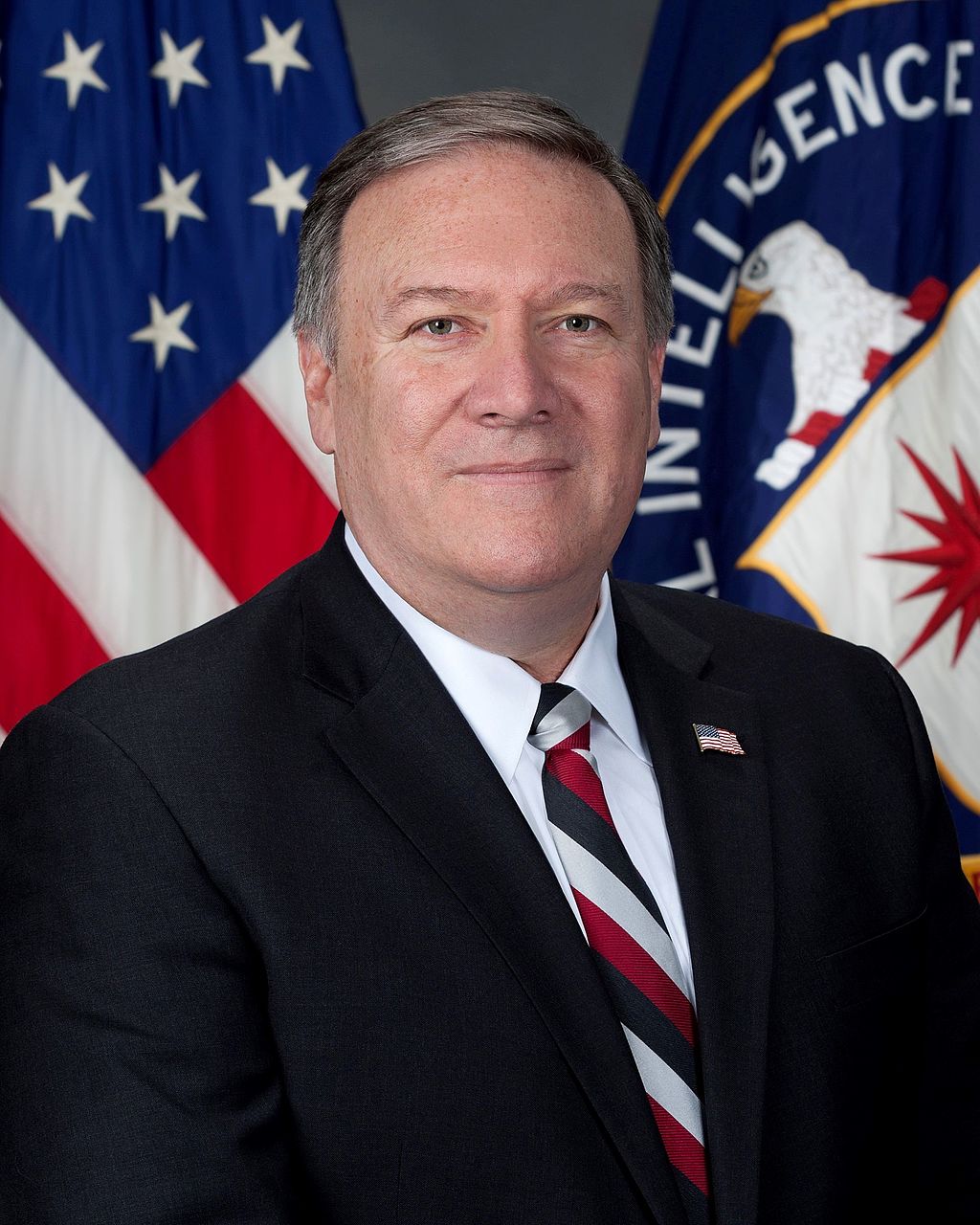
The Freedom From Religion Foundation is asking that an upcoming State Department-organized global religious freedom conclave incorporate the nonreligious.
Secretary of State Mike Pompeo recently announced the “first-ever Ministerial to Advance Religious Freedom at the Department of State,” which is scheduled for July 25-26. FFRF is requesting that this gathering include an appropriate nonreligious representative.
Pompeo has not disclosed who he will invite to participate in this meeting beyond his remarks that he will host “counterparts from like-minded governments, as well as representatives of international organizations, religious communities and civil society to reaffirm our commitment to religious freedom as a universal human right.”
Based on this description and his decision to call the meeting a “Ministerial,” FFRF is concerned that the get-together may be limited to or heavily favor ministers and other representatives of religious groups. If so, the exclusion of nonreligious representatives directly undercuts the goal of advancing religious freedom. Even the State Department’s own International Religious Freedom Report for 2017 acknowledged that some of the most alarming threats to religious liberty around the globe are directed at people who adhere to no religion at all: atheists, agnostics and other freethinkers who are often punished for the perceived slight of apostasy and the victimless crime of blasphemy.
The ministerial meeting should reflect the report’s findings, FFRF tells Pompeo. For instance, the report points out that Saudi Arabia sentenced a young man named Ahmad Al-Shammari to death on charges of atheism and blasphemy after he “allegedly posted videos to social media accounts in which he renounced Islam and the Prophet Mohammed.” Last year, the Saudi Arabian Supreme Court upheld his conviction. FFRF wrote to the State Department urging it to take immediate action to help Al-Shammari but never received a response.
Al-Shammari’s sentence is not an isolated case. There has been a deeply disturbing trend in increasingly prominent and barbaric blasphemy prosecutions. Another such example is last year’s imprisonment of an Indonesian governor, Basuki Tjahaja Purnama, after he was found guilty of insulting the Quran.
In addition, many nonreligious people around the world have been slaughtered due to their lack of religion. For instance, in 2015 Avijit Roy, a U.S. citizen of Bangladeshi origin, was hacked to death by machete-wielding radical Islamists.
“Religious freedom necessarily includes the freedom to dissent,” FFRF Co-Presidents Dan Barker and Annie Laurie Gaylor write to Pompeo. “Discrimination against nonadherents of a country’s majority religion is an assault on religious liberty, regardless of whether the person being discriminated against is a member of a minority religion or is entirely nonreligious.”
Overall, 24 percent of Americans identify as nonreligious, FFRF points out. That eight-point increase since 2007 and 15-point jump since 1990 makes the “Nones” the fastest-growing identification in America.
Excluding a persecuted minority from a group aimed at ending the persecution of minorities would deeply undermine both the group’s efficacy and its integrity as an advocate of true religious liberty, FFRF emphasizes. If the planned July event is truly dedicated to protecting religious freedom, the inclusion of an appropriate nonreligious representative is essential.
The Freedom From Religion Foundation, with more than 33,000 nonreligious members across the country, is a national nonprofit organization dedicated to upholding the constitutional separation between state and church and educating the public on matters relating to nontheism.

